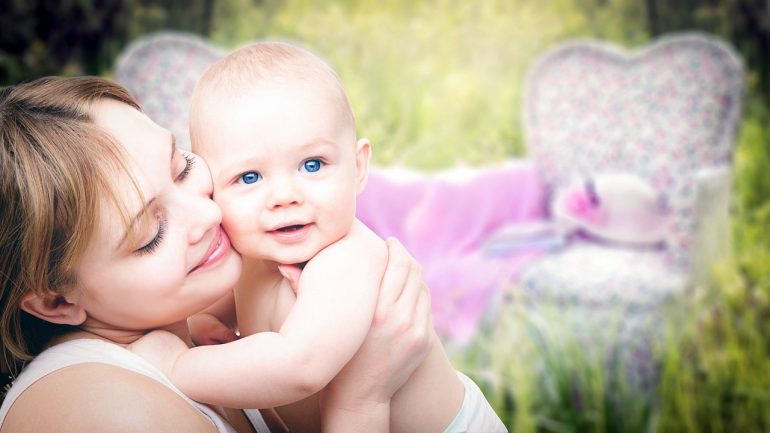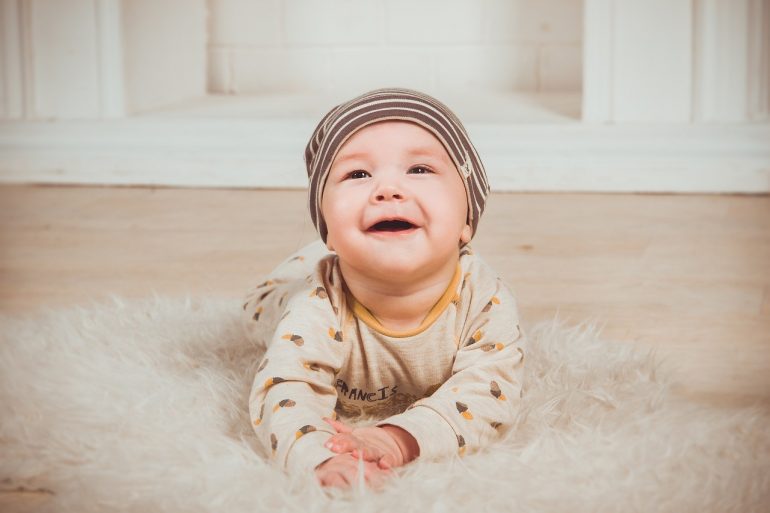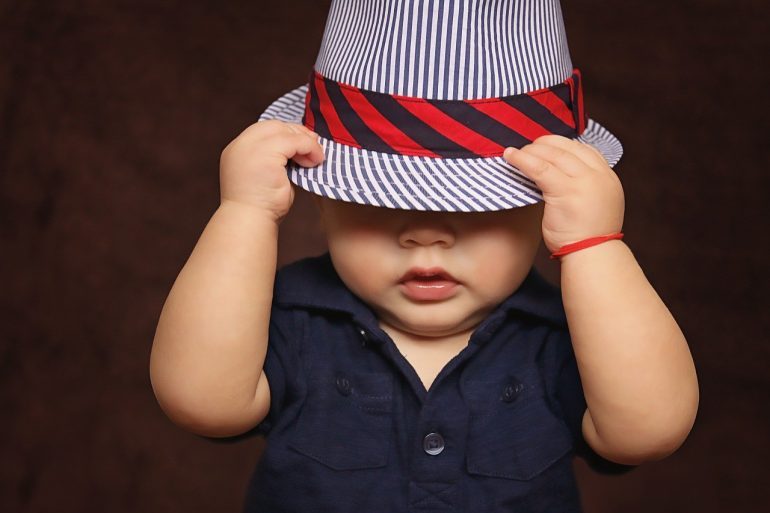Study: Babies Would Rather Listen to Each Other Than to You
And who can blame them?
But aside from searching for a welcome respite from having to hear their mother and daddy bang on about the exact old tired conversation topics, the researchers believe there might be an essential reason behind this:
It might help to jump-start the procedures involved in learning how to speak.
Babies talking![baby photo]()
![]()


Researchers at McGill University in Montreal, Canada, made the discovery after they played a record of a recurrent vowel sound to babies.
The recording mimicked the sounds made by either an adult girl or those made by a child.
By measuring how long every sound held the babies attention, the researchers found that the infants had a clear preference for the sound of the infant mimicking recording, and they’d listen to on average for 40% longer than the adult, for example, documenting.
A few of the infants expressed their preference for the infant recording other manners. For example, when played the adult sounds their faces could stay impartial, but when the infant sounds began to play they’d grin or move your mouth while they surfaced.

From the study, that was printed In the journal Developmental Science, the researchers said that the infants appeared to recognize that the infant recording was a sound which they might attempt to make themselves.
Senior author of the study, Professor Linda Polka implied that parents might already know this on an intuitive level. Perhaps, whenever we use a high, baby-like voice pitch to talk to our babies, we’re really preparing them to perceive their very own voice, she explained.
As adults, we use language to convey. However, when a young child begins to make speech sounds, it frequently a lot more to do with investigating than with communicating, Professor Polka added. In reality, babies typically vocalize when they’re alone, with no interaction or eye contact with others.
That is as to learn how to talk babies need to spend lots of time transferring their mouths and vocal cords to comprehend the sort of sounds they could make themselves. They need, quite literally, to find their very own voice’.”. A previous study conducted by the University of Charles Stewart in Australia, infants aged six to 18 months had the ability to communicate with one another, before they’d learned to talk, through expressions such as noises, humor and shared play in a series of tests. Professor Jennifer Sumsion, who had been engaged in the study, said researchers were surprised to find that the babies were much more able at a young age than we’d expected”.
